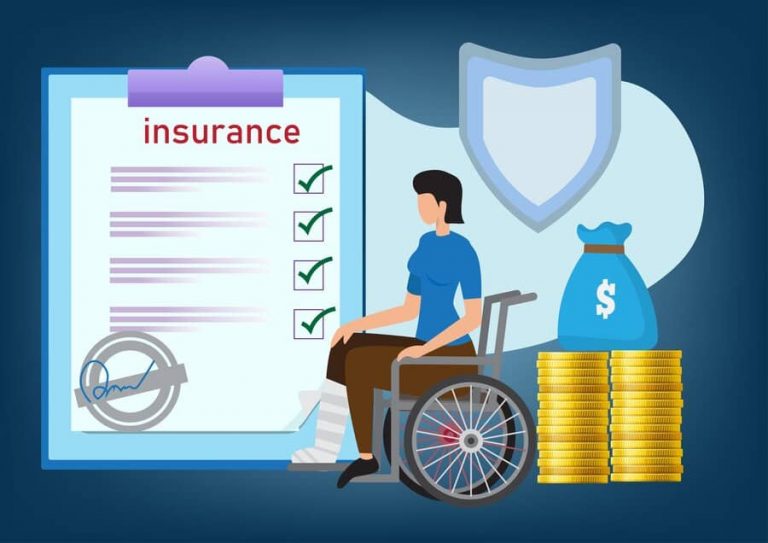ELDERLY MENTAL HEALTH CARE
It goes without saying that elderly mental health care may have increased as the cost of living goes up and the lack of interaction
with friends and family.
Ageing in place is a wonderful thing but some people also do not have a choice and lack of elderly mental health care can become an issue for anyone.
Australian Counselling Service (ACS) is a clinical care division of the Australian Institute of Professional Counsellors (AIPC)
and have well trained staff that can assist with elderly mental health.
Their Services
Trusted elderly mental health vcare clinic.
Once you book your session online or reach out to them, a caring team will get in touch. They walk you through the process,
connect you with a therapists best suited to your needs.
Their mission is to provide elderly mental health care in Australia and you do not need private health insurance so they caterelderly mental health care for a wider audience..
The cost of mental health services soar due to growing demand, ACS is placed to meet the community need for highly subsidised care.
Where as clinical mental health services typically cost in the hundreds of dollars per session, ACS sessions are usually just $49.
ACS seek to understand your needs and work with you on a plan to ease your burden and optimise your wellbeing.
You can attend sessions via tele-health where the session is delivered over secure video conferencing. To book an online
tele-health session, select the Tele-health (online) option when booking.
This includes regular feedback and advice, self-reflection and ongoing development.
Side Note: All ACS Staff therapists engage in frequent professional supervision and training not only in elderly mental health care but, counselling for anyone.
It goes without saying that elderly mental health is increasing and if you find youself feeling low and need someone to talk
to then we recommend you doing contacting ACS.
ACS can be contacting on 1300 374 033 or you can send them a message.
abbicare occassionally publish worthy information that may be useful to you and we hope you liked the elderly mental health care blog an interesting read.
We also are nationally mobility suppliers on a range of lightweight power wheelchairs, a unique wheelie walker electric and SOS emergency safety pendants.
If you are an organisation in the disability sector or an advocate for the elderly and would like abbicare to publish a blog then get in contact with Rod on 1300 884 975.
Did you know that a lack of exercise can lead to new physical or elderly mental health care problems?
Movement is beneficial for your whole body and plays a key role in every treatment.
It is important to keep your body and mind active, as a lack of exercise could lead to new physical or mental health problems.
Walking regularly can help to maintain and improve muscle condition and reduce the risk of falling or developing further complications.
More exercise means more independence
According to Harvard Medical School, regular exercise promotes an older adults ability to walk, bathe, cook, eat, dress, and use the restroom. If self-reliance is a priority, exercise is one of the best ways to maintain independence for older adults.
Exercise improves balance:
Falling down is a much bigger deal for older adults than younger ones. Every 11 seconds, an older adult is admitted to an emergency room for a fall-related injury, and every 19 minutes, a senior dies from a fall, according to the National Council of Aging. Though no two falls are alike, and preventing falls is very complex, regular exercise reduces the likelihood of falling by 23%.
Regular exercise means more energy:
Though it seems counter-intuitive, being inactive makes you tired and being active gives you more energy. Any amount of exercise promotes the release of endorphins, which are essential neurotransmitters linked to pain mitigation and a sense of well-being. Endorphins combat stress hormones, promote healthy sleep, and make you feel more lively and energetic, overall.
Exercise helps prevent and counteract disease:
Heart disease, osteoporosis, depression and diabetes are common diseases among older adults, and are often deadly. Fortunately, adopting a more active lifestyle can contribute to the prevention of these diseases, or reduce the unpleasant symptoms of these diseases if you already have them. If you are at-risk for disease, exercise may be the key to warding off an unpleasant condition.
Regular exercise improves brain function:
One of the most remarkable developments in health science is the revelation that the mind and the body are much more closely linked. A healthy body likely means a healthy mind, and seniors that exercise on a regular basis have improved cognitive health, according to research from NCBI. More recently, a study from the Alzheimer’s Research & Prevention Foundation, regular exercise has been shown to reduce your risk of developing Alzheimer’s disease or dementia by nearly 50%.



